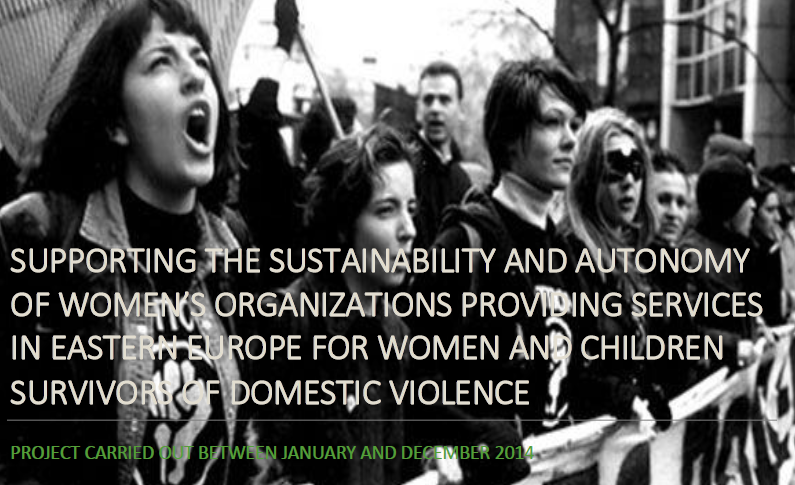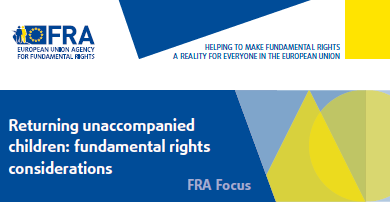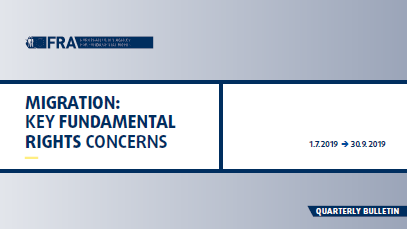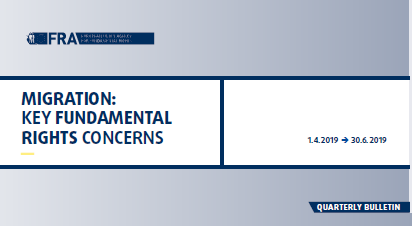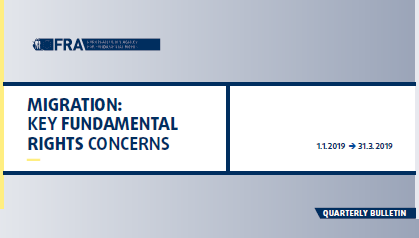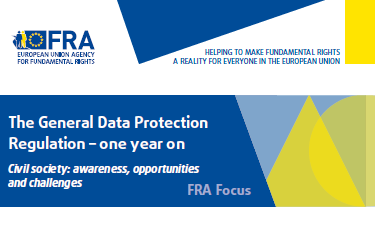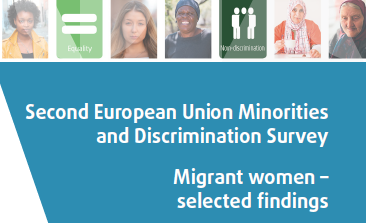For a quick search in the Knowledge database below, please use the search box. Also, note that using one or more of the dropdown filters will optimise your search.
Watch this video to find out more about our Knowledge Database and the publications we have collected here for you: video
Knowledge Database
-
The Situation of Women’s Specialist Support Services in Europe
WAVE | Published in 2017
The 2017 WAVE country report provides statistics related to women’s specialist support services from a total of 46 European countries. For the purposes of this report WAVE is referring to the countries mentioned, with the general term of “European countries”, although we are conscious that these 46 countries do not reflect all European countries. Although some data sets include only part figures for these countries, the actual number of countries reflected in each data sample is indicated in brackets within the tables.
Keywords: domestic violence, gender based violence, victim services, victims' rights -
Supporting the sustainability and autonomy of women’s organizations providing services in Eastern Europe for women and children survivors of domestic violence
WAVE | Published in 2014
Keywords: capacity building, children, domestic violence, gender based violence -
Protecting migrant workers from exploitation in the EU: workers’ perspectives
FRA | Published in 2019
Across the European Union (EU), workers are being severely exploited for their labour, research by the EU Agency for Fundamental Rights (FRA) shows. This report, covering the second component of FRA’s research on severe forms of labour exploitation, is based on interviews with victims. The first report was based on interviews with professionals. The evidence presented in this report is based on the accounts of 237 adult migrant workers, including third country nationals as well as EU nationals, who were severely exploited or worked in sectors at high risk of labour exploitation in eight EU Member States (Belgium, France, Germany, Italy, the Netherlands, Poland, Portugal and the United Kingdom). National-level civil society organisations, primarily working in the areas of victim and migrant/refugee support, identified the exploited workers whom FRA interviewed.
Keywords: migration, victimisation, victims' rights -
Rights in practice: access to a lawyer and procedural rights in criminal and European arrest warrant proceedings
FRA | Published in 2019
This report investigates how several European Union (EU) Member States implement – in practice – legal provisions on certain defence rights of persons suspected or accused of crime.
Keywords: justice -
Returning unaccompanied children: fundamental rights considerations
FRA | Published in 2019
Individuals who are not entitled to stay in the European Union are typically subject to being returned to their home countries. This includes children who are not accompanied by their parents or by another primary caregiver. But returning such children, or finding another durable solution, is a delicate matter, and doing so in full compliance with fundamental rights protections can be difficult. This focus paper therefore aims to help national authorities involved in return-related tasks, including child-protection services, to ensure full rights compliance.
Keywords: children, humanitarian, victims' rights -
Migration: Key Fundamental Rights Concerns 3
FRA | Published in 2019
The EU Agency for Fundamental Rights has been regularly collecting data on asylum and migration since September 2015. This report focuses on the fundamental rights situation of people arriving in Member States and EU candidate countries particularly affected by migration. It addresses fundamental rights concerns between 1 July and 30 September 2019.
Keywords: discrimination, migration, victims' rights -
Migration: Key Fundamental Rights Concerns 2
The EU Agency for Fundamental Rights has been regularly collecting data on asylum and migration since September 2015. This report focuses on the fundamental rights situation of people arriving in Member States and EU candidate countries particularly affected by migration. It addresses fundamental rights concerns between 1 April and 30 June 2019.
Keywords: migration, victims' rights -
Migration: Key Fundamental Rights Concerns
FRA | Published in 2019
The EU Agency for Fundamental Rights has been regularly collecting data on migration since November 2015. This report focuses on the fundamental rights situation of people arriving in Member States and EU candidate countries particularly affected by migration movements. It addresses fundamental rights concerns between 1 January and 31 March 2019.
Keywords: humanitarian, migration, victims' rights -
The General Data Protection Regulation – one year on
FRA | Published in 2019
The General Data Protection Regulation (GDPR) has applied across the European Union (EU) since 25 May 2018. One year on, this paper looks at how the new regulation has affected the daily work of civil society organisations (CSOs). Based on responses from over 100 CSOs engaged in a wide range of activities, it looks at how well these CSOs understand the EU data protection requirements, whether complying has been challenging, their interactions with supervisory authorities, their implementation efforts, and experiences with GDPR-based complaints. In so doing, the paper provides helpful insights for the European Commission’s overall assessment of the GDPR’s impact.
Keywords: data protection -
Second European Union Minorities and Discrimination Survey: Migrant women – selected findings
FRA | Published in 2018
Women and men with immigrant backgrounds across the European Union (EU) experience how their rights are respected in different ways, FRA’s second EU Minorities and Discrimination survey (EU-MIDIS II) shows. The agency published its main results in 2017. This report summarises some of the most relevant survey findings with regard to differences in women’s and men’s experiences. They show the need for targeted, gender-sensitive measures that promote the integration of – specifically – women who are immigrants or descendants of immigrants. Such action would also contribute to Member States’ efforts to reach the UN Sustainable Development Goals (SDG) of the global Agenda 2030 – in particular SDG 5, which requires countries to ‘achieve gender equality and empower all women and girls’; and SDG 10, which requires countries to ‘reduce inequality within and among countries’.
Keywords: discrimination, migration

